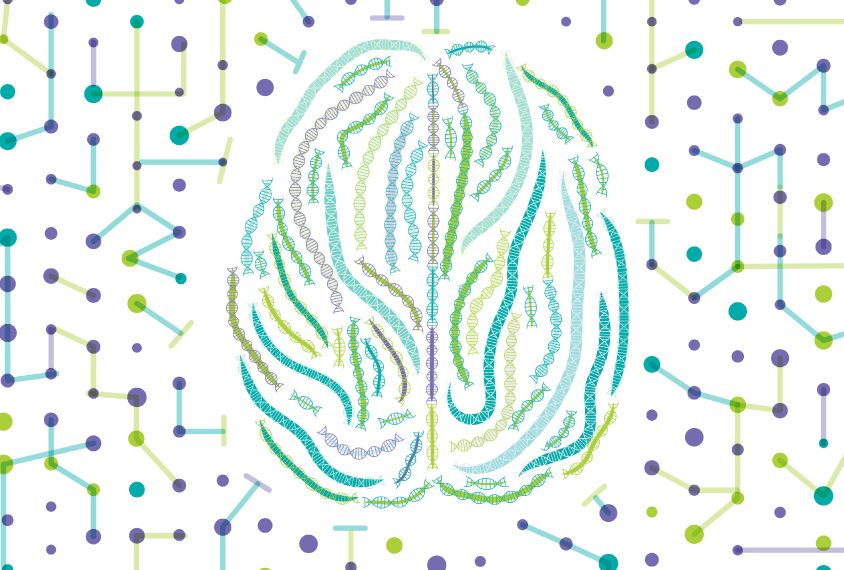It is well established that rare, damaging genetic variants with strong effects contribute to autism. Although individually rare, these variants are collectively common: Clinical genetic testing identifies them in at least 25 percent of autistic people. Studies of these variants have implicated more than 100 genes — and counting — in autism.
Identifying these genes is important — not only for clinical care, but also for advancing our understanding of the neural circuits and processes involved in autism or in its core traits. It creates the opportunity to develop therapies targeted to specific molecular diagnoses. And as we learn more about these genes and the consequences of variants that disrupt their function, we have the potential to better understand the mechanisms underlying cases of autism in which a definitive genetic diagnosis cannot yet be made.
But the genetic findings in people with autism are not unique; deleterious variants in the same genes are also implicated in other neurodevelopmental conditions, such as intellectual disability, epilepsy, attention deficit hyperactivity disorder and schizophrenia. Specific genes and variants do not map neatly onto categorical clinical diagnoses or the core cognitive and behavioral traits that define them. In fact, there is not yet a single example of a gene that, when mutated, increases the likelihood of autism but not of other neurodevelopmental conditions.
